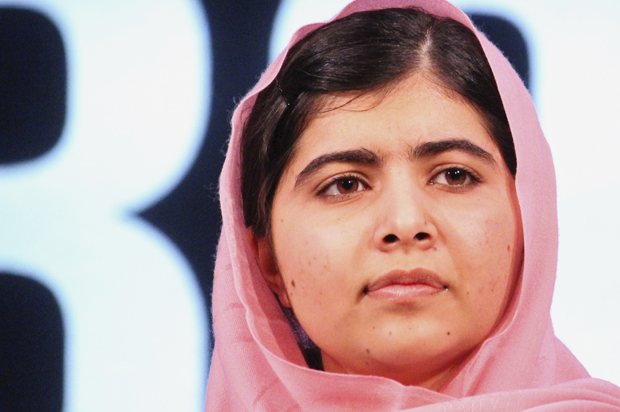There was a lot of history in the making in the announcement Friday of the shared recipients of this year’s Nobel Peace Prize. The winners represented India and Pakistan, a move Hindustan Times calls “a highly symbolic push to end a decades-old rivalry between the nuclear-armed nations that have been locked in a deadly standoff along their disputed border over the past week.” And it was a victory for two outspoken and fearless advocates for the rights of children and teens around the world, one of whom is still a teenager herself.
Kailash Satyarthi, founder of Bachpan Bachao Andolan (Save Childhood Movement) has devoted his life to ending child exploitation in the form of slavery and forced labor, forces he calls “a deep-rooted social evil.” His organization works to assure “free, universal and quality education,” and in particular to help girls stay in school. Twenty years ago, he launched the group now called Goodweave, which certifies child labor-free rugs and is seeking to do the same in other industries. Over 34 years of efforts, Satyarthi’s been physically attacked, his home and his organization’s offices have been vandalized, and two workers have been killed.
The other victor, Malala Yousafzai, is more well-known. She first catapulted to attention five years ago as a blogger writing on her fight for education under the Taliban in the Swat District. In 2012, she was shot in the head on her school bus. Even that didn’t silence her. She co-founded the Malala Fund to advocate and invest in girls’ education around the world. She spoke before the UN. She became a bestselling author. She has not stopped fighting. She is now 17.
Across the world – and that very much includes our own country — a full and adequate education, especially an education for girls, is viewed as the biggest threat imaginable. In many places, girls are forbidden outright to attend school. Girls lose education time because of religious restrictions, because of dangerously inadequate access to hygienic menstrual supplies. They are abducted, en masse, from their schools, and their plight too often barely goes noticed. They are far more likely to be forced into labor than boys. There must be something really dangerous about the idea of a young person with knowledge, and in particular a young woman with it. There must be something very important going on here if one of the fiercest, angriest battles in the world isn’t over land or money or even, really, religion. It’s over the minds of girls. That is the battle that Satyarthi and Yousafzai have shone their light on, and one every one of us has a stake in. As Yousafzai says, “Let us pick up our books and our pens, they are the most powerful weapons.” And the greatest sign of hope for change in the news Friday wasn’t just in the announcement of the prizes. It was in the message from the Malala Fund that Yousafzai will make her first public statement regarding her honor later in the day — after she gets out of school.

